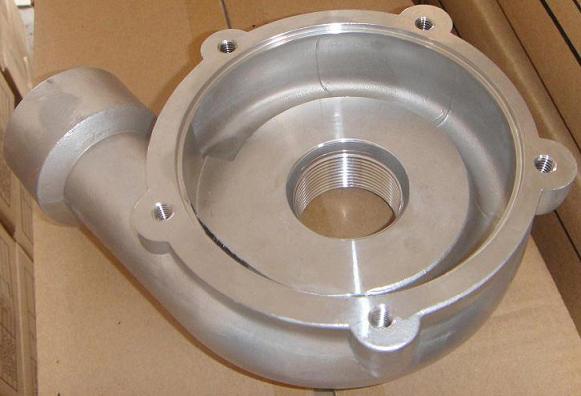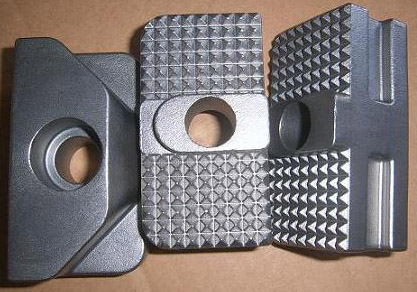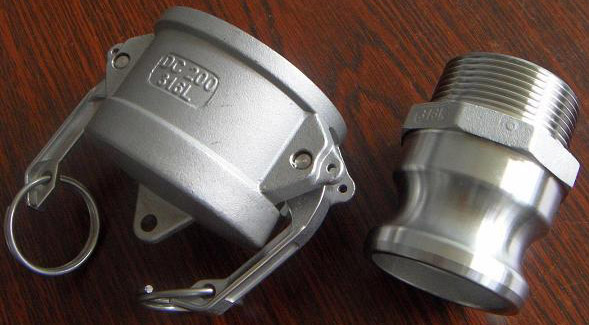Complex - Curviform - Accurate - Complete - Precision Casting and Machining



Precision casting is a specialized casting technique used to cast complicated shapes and objects where the margin of error is almost nil. The most common method of precision casting is called Investment or Lost Wax Casting.
Investment casting can make use of most metals, most commonly using Carbon Steel, Stainless Steel, Alloy Steel, Aluminum Alloys, bronze alloys, magnesium alloys, and tool steel. This process is beneficial for casting metals with high melting temperatures that can not be molded in plaster or metal. Parts that are typically made by investment casting include those with complex geometry such as automotive components, turbine, blades or firearm components. High temperature applications are also common, which includes parts for the automotive, aircraft, and military industries.
Capabilities
|
||||||||||||||||||||||||||||||||||||